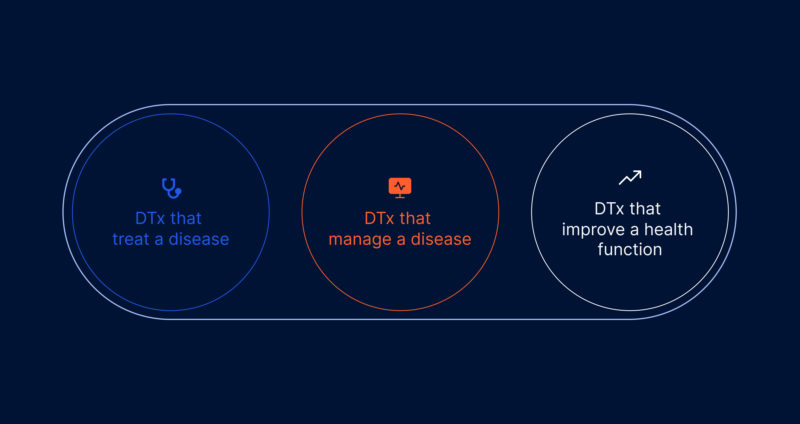The Rise of Teletherapy and its Accessibility Benefits
The stigma surrounding mental health is slowly but surely decreasing, yet accessing professional help remains a significant hurdle for many. Geographic location, financial constraints, and scheduling difficulties often prevent individuals from seeking the care they need. Teletherapy, enabled by video conferencing platforms and secure messaging apps, has emerged as a game-changer. It bridges geographical barriers, allowing individuals in rural areas or underserved communities to connect with therapists across distances. The flexibility of scheduling appointments outside of traditional work hours further enhances accessibility, making mental healthcare more convenient and less disruptive to daily life. This increased accessibility is crucial in breaking down barriers and encouraging individuals to prioritize their mental well-being.
Mental Health Apps: Personalized Support at Your Fingertips
The app store is now a virtual hub for mental wellness resources. A plethora of apps offer guided meditations, mood trackers, cognitive behavioral therapy (CBT) exercises, and even connect users with mental health professionals. These apps cater to various needs and preferences, providing personalized support tailored to individual goals. Some apps focus on mindfulness and stress reduction, while others offer tools to manage anxiety, depression, or specific phobias. The convenience of having these tools readily available on smartphones makes self-help resources accessible anytime, anywhere. This accessibility can be particularly beneficial for individuals who might find it challenging to commit to regular therapy sessions or prefer a self-guided approach to managing their mental health.

AI-Powered Tools: Enhancing the Therapist’s Capabilities
Artificial intelligence (AI) is gradually being integrated into mental healthcare to enhance the effectiveness of treatment. AI-powered chatbots can provide immediate support and guidance, offering coping mechanisms and resources during moments of crisis. While not a replacement for human interaction, these tools can offer valuable support between therapy sessions, helping individuals manage symptoms and build coping skills. Furthermore, AI algorithms can assist therapists in analyzing patient data, identifying patterns, and personalizing treatment plans based on individual needs and responses. This data-driven approach allows for a more precise and effective intervention, improving patient outcomes and optimizing the therapeutic process.
Virtual Reality (VR) Therapy: Immersive Experiences for Treating Anxiety and Trauma
Virtual reality (VR) technology offers an innovative approach to treating various mental health conditions. By creating immersive and controlled environments, VR therapy allows individuals to confront their fears and anxieties in a safe and supportive setting. For instance, individuals with phobias can gradually desensitize themselves to their feared objects or situations through exposure therapy within a virtual environment. Similarly, VR can be used to treat PTSD by recreating traumatic experiences in a controlled manner, allowing individuals to process their emotions and develop coping mechanisms within a safe context. The controlled nature of VR therapy ensures that patients are not overwhelmed, promoting a gradual and effective therapeutic process.
Wearable Technology: Monitoring and Managing Mental Health
Smartwatches and fitness trackers are increasingly being utilized to monitor physical and mental health data. These devices track sleep patterns, activity levels, and heart rate variability – all of which are valuable indicators of mental well-being. By analyzing this data, individuals and their therapists can gain insights into potential triggers, identify patterns related to mood fluctuations, and adjust treatment plans accordingly. This objective data collection can provide a more comprehensive understanding of a person’s mental health, supplementing subjective reports and enhancing the accuracy of diagnosis and treatment.
Data Privacy and Ethical Considerations in Digital Mental Healthcare
The increasing reliance on digital tools in mental healthcare raises crucial ethical and privacy concerns. Protecting sensitive patient data is paramount, and robust security measures must be in place to prevent breaches and unauthorized access. Furthermore, the use of AI algorithms requires careful consideration of potential biases and the potential for misinterpretation of data. Transparency and informed consent are essential in ensuring that individuals are fully aware of how their data is being used and protected. Establishing clear ethical guidelines and regulations is crucial in mitigating potential risks and ensuring the responsible and ethical application of digital tools in mental healthcare.
The Future of Digital Mental Healthcare: Integration and Collaboration
The future of mental healthcare likely lies in the seamless integration of digital tools with traditional therapeutic approaches. This collaborative approach will harness the strengths of both worlds, providing comprehensive and personalized care. We can anticipate further advancements in AI, VR, and wearable technology, leading to more sophisticated and effective interventions. However, the human element remains essential, and the focus should always be on building strong therapeutic relationships and providing compassionate, individualized care. The future of mental healthcare is bright, but only if we carefully consider and address the ethical and practical challenges that arise with the increasing use of digital technologies. Learn more about examples of digital therapeutics here.